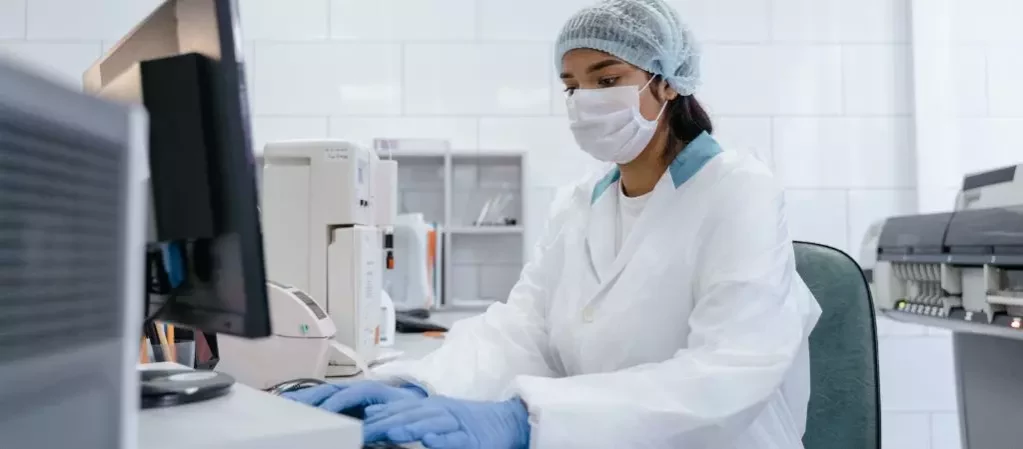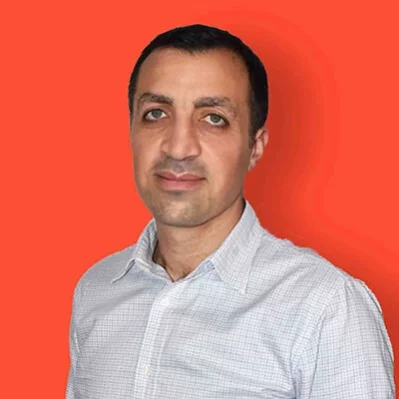Tips and information
- CQ is AZAV-certified as a training provider and the “Bioinformatics and Biostatistics” training course is approved for employment promotion. Funding available with an education voucher.
- This course is taught exclusively in English. We will be happy to advise you on your participation options.
- With our English language coaching for scientists, laboratory technicians and medical employees, you can optimally prepare for the language requirements of your further training.
- See what our clients say about their experiences with us – have a look at the reviews now.
- Are you or have you been a customer of CQ and satisfied with our services? Recommend us to others and secure a reward voucher worth €100! Feel free to speak to our course instructors.
Free consultation on choosing your course:









